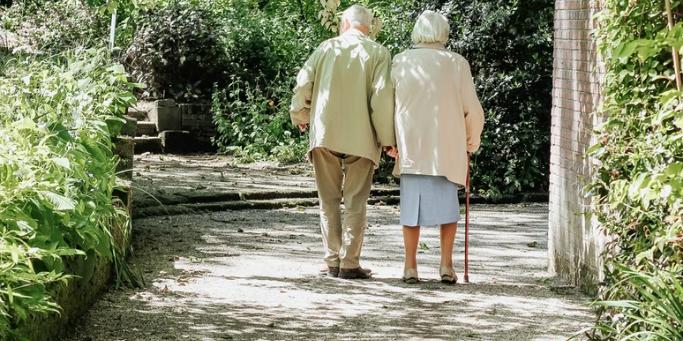The Physical Care Needs of the Older Person: What To Expect

In our aging society, caring for an older adult can be a challenging experience. While it may be less taxing than looking after a child or an adult with special needs, caring for a senior still comes with its own unique difficulties. This is especially so in the area of physical care. An older person has very different needs from a younger one, and they require careful monitoring and assistance to ensure they remain healthy and safe. Again, this is not to say that caregiving for an older person is more difficult than any other type of care. It simply requires different skills and strategies than caring for someone young or someone who has another kind of disability. The following article will give you some insight into what to expect when taking on the role of caregiver to an older person.
What Are the Physical Care Needs of an Older Adult?
Physical care needs vary depending on the individual, of course, but there are some commonalities among the aging population. Here are some of the most common physical care needs of older adults:
Transportation
One of the biggest physical care needs of an older adult is transportation. Naturally, you may need to assist the person with getting around, particularly if they don’t drive and don’t have easy access to public transportation. If the person does drive, you may need to accompany them as a driver or as a passenger in case of an accident. This means that you need to know what to do in the case of an accident, how to assist the person in getting out of their car, how to properly administer first aid if needed, and what to do if the person is injured. To qualify for a senior driver’s license, drivers over the age of 70 must complete an application at a DMV and undergo a vision screening, a written test, and a driving test. This can be difficult for some people, especially if they have health issues or limited mobility. If the person doesn’t drive and they don’t qualify for a senior’s license, you may need to assist with their transportation needs.
Nutrition and Wellness
As people age, they often have less of an appetite, but they may need to increase their intake of vitamins and minerals. This may mean taking supplements or switching to a different diet. If the person is homebound, you may need to learn how to cook different foods in small portions. You may also need to organize meal delivery services for the person if they don’t have the energy to cook for themselves. As people age, they may also experience a decline in their ability to regulate their own body temperature. They may be more susceptible to getting cold, and you may need to provide more warmth and blankets. You may also need to keep track of any changes in the person’s body temperature and communicate them to their doctor if they seem unusual.
Medication Management and Safety
As people age, they are more likely to take prescription medications. You may need to learn how to store and dispose of these medications. You will also need to be aware of any side effects or interactions that these medications have with each other. Some common medications that an older adult may be taking are blood pressure medications, antidepressants, diabetes treatments, and sleeping pills. You may need to learn how to properly monitor these conditions and work with the doctor to make changes when necessary. You will also need to learn how to properly administer these medications to ensure the person receives the correct dosage.
Mobility and Activities of Daily Living
As people age, they become less flexible and less able to perform normal activities of daily living (ADLs). Things like bending, reaching overhead, lifting, and other simple tasks may become too difficult for the person. You may need to help with performing ADLs such as preparing meals, cleaning the house, and doing laundry. You may also need to help with things like bathing, dressing, and grooming. If the person is homebound, you may need to do some of these tasks for them. You may also need to organize and schedule home health aides or in-home assistants to help with daily tasks. You may also need to help the person exercise or perform physical therapy exercises.
Bottom Line
As you can see, there is a wide variety of physical care needs that come with caring for an older adult. This can be a challenging experience, but it is also very rewarding. You get to experience the joy that comes with helping someone, and you feel a great sense of accomplishment. You also gain a new level of respect for this generation, and you better understand how much they went through to get us where we are today.











